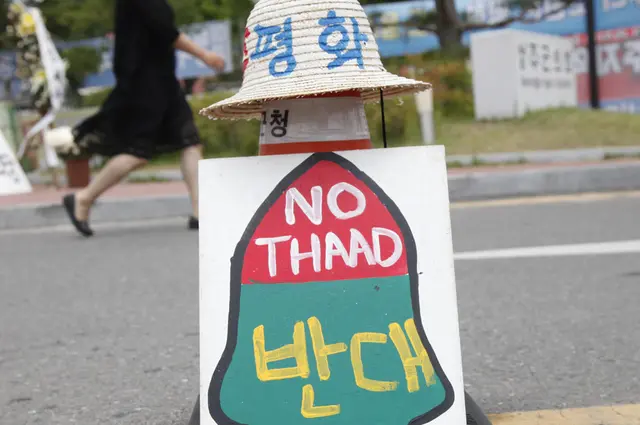The Republic of Korea is making a historic misjudgment deploying the US' Terminal High-Altitude Area Defense anti-missile system on its soil. The decision to deploy the anti-missile system will bring catastrophe to the Korean Peninsula and destroy the hard-won political mutual trust and economic ties between the ROK and its neighbors in Northeast Asia.
Trying to defend the decision to install the THAAD system in Seongju county, southeast of Seoul, a ROK government spokesman on Sunday called China's criticism unreasonable and said it was a response to the "nuclear and missile threats" from the Democratic People's Republic of Korea.
However, THAAD is incapable of intercepting Pyongyang's short-range missiles, and Pyongyang's overtures for talks have repeatedly been cold-shouldered by Washington and Seoul, which have staged frequent military exercises and flown nuclear-capable B-52 bombers over the Korean Peninsula, in a clear show of hostility against Pyongyang.
As the missile system's radar can spy deep into China and Russia, with their decision to deploy THAAD in the ROK, the United States and the ROK have alienated China and Russia by posing a severe threat to their national security.
It also represents a threat to the ROK, as the strong snooping capability of THAAD means that it will be among the first targets in case of conflict.
And it is unmistakably a strategic misjudgment for Seoul to violate the core interests of its two neighbors.
By allowing the US to deploy THAAD on its soil, the ROK has brought more danger than security to its people, and shut the door to peace and reconciliation on the Korean Peninsula.
Some analysts have pointed out that the only beneficiary of turmoil in Northeast Asia is the United States, as it relies on the "necessity" of its military presence in the region to remain a hegemonic global power.
If Seoul and Pyongyang gradually eased tensions, Washington's military presence in the ROK would be hard to justify. That is why Washington has often discouraged Seoul from talks with Pyongyang and insisted on war drills.
The ROK needs to draw lessons from the disastrous conflicts in the Middle East and correct its strategic mistake before it makes itself a powder keg in Northeast Asia.
The future of the Korean Peninsula lies in the constructive exchanges and common development of regional countries, with a goal of gradual reconciliation between Seoul and Pyongyang. Deploying THAAD is clearly a move in the opposite direction.
(APD)
 简体中文
简体中文

